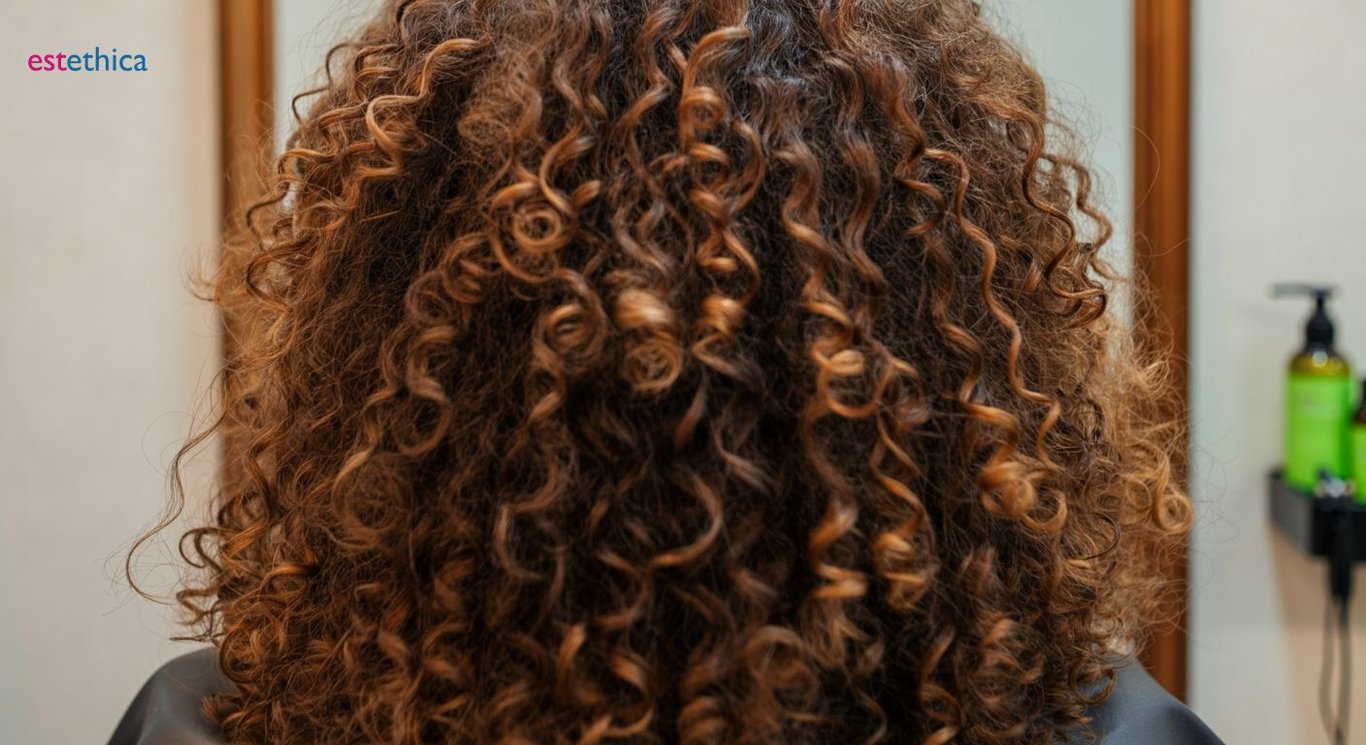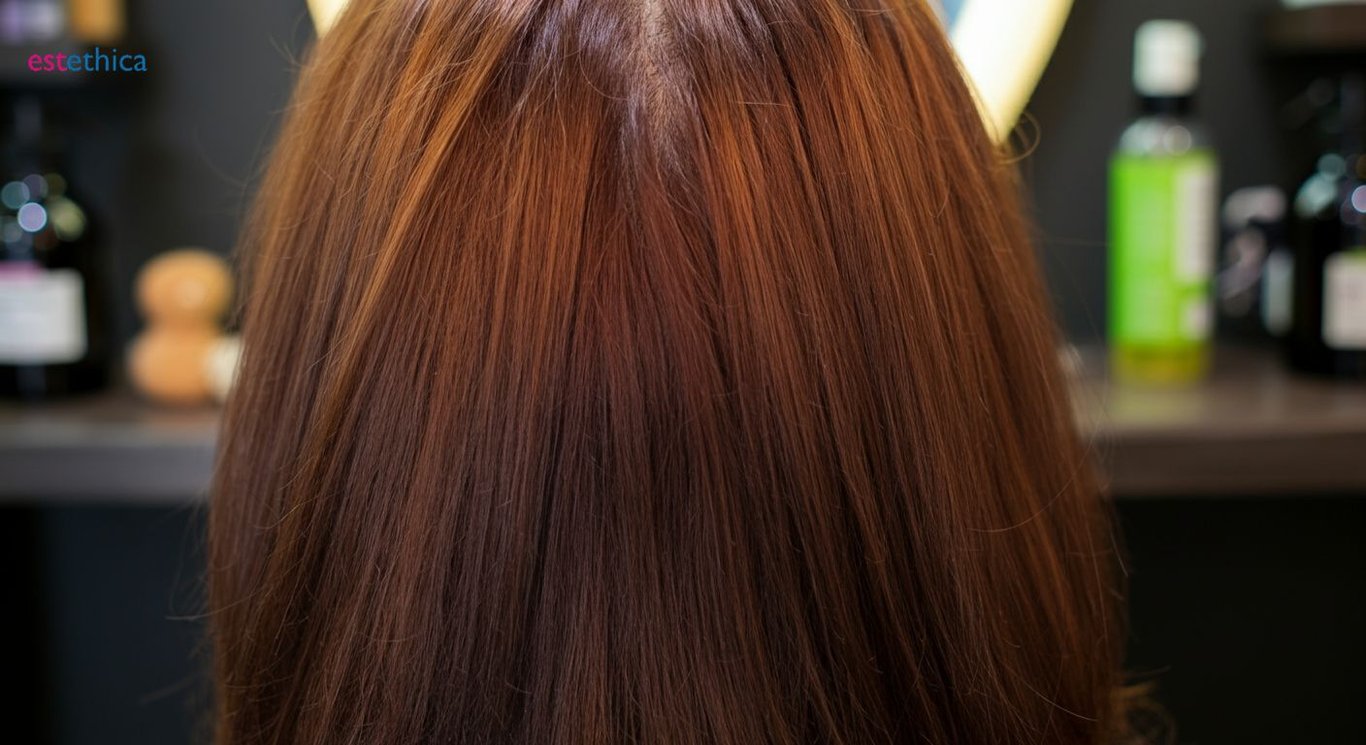Unlocking the Secrets of Hair Transplant: Your Ultimate Guide
Discover your ultimate guide to hair transplants. Understand, explore, and transform with confidence using our expert insights and recommended practices.
In the realm of hair restoration, hair transplants stand as a beacon of hope for many facing hair loss. As scientific advancements continue to refine the processes, understanding these procedures becomes crucial for anyone considering this transformative step. This comprehensive guide delves into the secrets of hair transplantation, offering a detailed exploration of the procedure, debunking prevalent myths, and guiding you on selecting the most appropriate clinic to ensure optimal results.
Understanding Hair Transplant: What You Need to Know
Exploring Hair Transplant Techniques
Hair transplants are a popular solution for addressing hair loss, offering both cosmetic and psychological benefits. Two primary techniques are Follicular Unit Extraction (FUE) and Direct Hair Implantation (DHI). Each method has unique advantages and considerations, making it essential to understand their differences.
- FUE involves extracting individual hair follicles and implanting them into thinning areas, minimizing scarring.
- DHI uses a specialized tool to directly implant hair follicles, offering precise placement and density control.
- Both methods require careful post-operative care to ensure optimal results and hair growth.
Choosing the right technique depends on individual needs and hair characteristics. Consulting with a specialist can provide personalized recommendations.
Ideal Candidates for Hair Transplant
Not everyone is a suitable candidate for a hair transplant. Factors such as age, hair type, and the extent of hair loss play crucial roles in determining eligibility. Understanding these factors can help set realistic expectations and improve satisfaction with the results.
- Assess the degree of hair loss to determine if a transplant is appropriate.
- Evaluate hair density in donor areas to ensure sufficient grafts are available.
- Consider overall health and lifestyle, as these can impact recovery and outcomes.
Individuals with stable hair loss patterns and good donor hair density are typically the best candidates. A thorough evaluation by a hair restoration expert can provide clarity and guide the decision-making process.

Common Myths About Hair Transplants Debunked
Dispelling Misconceptions About Hair Transplants
Hair transplants are often misunderstood, leading to several myths that can deter individuals from considering this effective hair treatment. One common misconception is that hair transplants are only suitable for men. In reality, women also benefit significantly from these procedures, especially with advancements in techniques like safir FUE, which offers natural-looking results for both genders.
- Myth: Hair transplants are only for men. Fact: Women also achieve excellent results.
- Myth: Results are not permanent. Fact: Transplanted hair can last a lifetime with proper care.
- Myth: The procedure is painful. Fact: Modern techniques ensure minimal discomfort.
Another myth is that hair transplants do not offer permanent results. However, with proper post-transplant hair care, the transplanted hair can last a lifetime. Additionally, the belief that the procedure is painful is outdated. Modern techniques, such as safir FUE, ensure a pain-free experience, making hair transplants a viable option for many.
Understanding the Benefits of Modern Techniques
Modern hair transplant techniques have revolutionized the field, offering numerous benefits that debunk traditional myths. For instance, the safir FUE technique uses a sapphire blade, which allows for precise incisions and promotes faster healing. This innovation leads to more natural hair growth and less visible scarring, addressing concerns about unnatural results.
- Utilize advanced tools like sapphire blades for precision.
- Ensure faster healing and less visible scarring.
- Promote natural hair growth with innovative methods.
Moreover, the misconception that hair transplants require extensive downtime is unfounded. With advancements in technology, recovery times have significantly reduced, allowing individuals to return to their daily activities sooner. These innovations highlight the importance of choosing reliable hair transplant clinics that utilize cutting-edge techniques for optimal outcomes.

Choosing the Right Clinic for Your Hair Transplant
Evaluating Clinic Credentials and Expertise
When selecting a clinic for your hair transplant, it's crucial to evaluate their credentials and expertise. Accreditation by reputable organizations ensures adherence to high standards. For example, clinics accredited by the International Society of Hair Restoration Surgery (ISHRS) demonstrate a commitment to quality and safety.
- Accreditation by recognized bodies like ISHRS ensures high standards.
- Surgeons with extensive experience in hair restoration provide better outcomes.
- Clinics with advanced technology offer more precise and effective treatments.
Additionally, the expertise of the surgeons is paramount. Surgeons with extensive experience in hair restoration are more likely to deliver successful outcomes. Clinics equipped with advanced technology, such as robotic hair transplant systems, can offer more precise and effective treatments, enhancing the overall results.
Understanding Patient Reviews and Feedback
Patient reviews and feedback are invaluable when choosing a hair transplant clinic. They provide insights into the patient experience and the quality of care offered. For instance, positive reviews often highlight the professionalism of the staff and the effectiveness of the treatments.
- Research online reviews to gauge patient satisfaction.
- Consider testimonials that discuss post-operative care and results.
- Look for consistent positive feedback on the clinic's environment and staff.
Researching online reviews can help gauge patient satisfaction and identify any recurring issues. Testimonials that discuss post-operative care and results are particularly useful, as they reflect the clinic's commitment to comprehensive care. Consistent positive feedback on the clinic's environment and staff can further reassure potential patients of a supportive and professional experience.

Post-Transplant Care: Ensuring Optimal Results
Key Practices for Effective Post-Transplant Care
Post-operative care is crucial for achieving optimal results after a hair transplant. Following specific guidelines can significantly enhance the healing process and ensure the longevity of the transplant. For instance, maintaining proper scalp hygiene is essential to prevent infections and promote healthy hair growth.
- Avoid direct sunlight exposure to protect the sensitive scalp.
- Use gentle, sulfate-free shampoos to cleanse the scalp without irritation.
- Refrain from strenuous activities that may cause sweating or strain on the scalp.
Additionally, avoiding direct sunlight exposure is recommended to protect the sensitive scalp from UV damage. Using gentle, sulfate-free shampoos can help cleanse the scalp without causing irritation, while refraining from strenuous activities prevents excessive sweating and strain on the scalp.
Monitoring Progress and Adjusting Care
Regular follow-up appointments with your hair transplant specialist are vital for monitoring progress and making necessary adjustments to your care routine. These appointments allow for the early detection of any issues and ensure that the recovery is on track.
- Schedule regular check-ups to assess hair growth and scalp health.
- Discuss any concerns or unusual symptoms with your specialist promptly.
- Adjust hair care routines based on professional advice and progress.
During these check-ups, specialists can assess hair growth and scalp health, providing tailored advice to optimize results. Promptly discussing any concerns or unusual symptoms with your specialist can prevent complications. Adjusting hair care routines based on professional advice ensures that the transplanted hair remains healthy and vibrant.
Innovative Hair Transplant Techniques for Natural Results
Ensuring Optimal Results Through Comprehensive Post-Transplant Care
Frequently Asked Questions
What are the main techniques used in hair transplants?
Are hair transplants suitable for women?
How can I choose the best hair transplant clinic?
What post-transplant care is necessary for optimal results?
Are the results of a hair transplant permanent?
Discover the Path to 'Healthy Beauty' with estethica! Contact us today for a free consultation and let our experts guide you towards your aesthetic goals.
📞 Call Now for Your Free Consultation